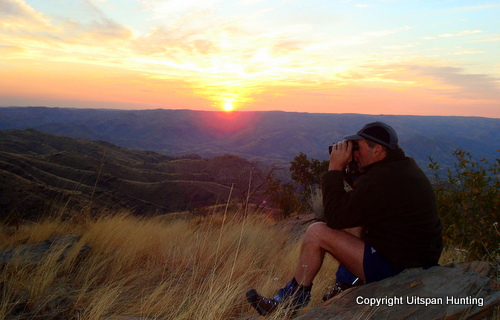For more information about our hunting safaris, don’t hesitate to reach out and contact us!
African Safari Costs
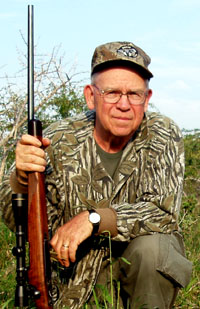
African Safari costs may be one of the main reasons you haven't taken that first African safari trip yet.
But Terry Blauwkamp, a seasoned safari hunter to Africa, says: "There are as many ways to save money as to make it. Combine them and soon you have enough to go."
Terry Blauwkamp (on the picture) wrote this article about african safari costs below.
Terry has been to Africa more than 20 times and his wife Jo Ann is his favorite hunting partner. As an experienced hunter, reloader and gun-expert, he has a lot to share. He just loves to do his own gun work, especially rebarreling rifles.
We thank him for the permission to place his article on our website. We hope that it will give you insight in planning a safari to Africa and the costs involved.
Although the idea sometimes seems daunting... note at the end of this article what Terry's Dad's advice was to him years ago.
Enjoy!
Planning an African Safari

"Now that I have your attention: There is a lot more to going on any safari or hunting trip, then meets the eye or wallet.
In order to go anywhere for an extended, or even short period of time, you need several things to click.
First of all there is time, a job that lets you be gone, motive, opportunity, money, cooperative wife, and maybe above all, health.
If you have green lights on all these items, you can pretty much plan on going, but have even one caution yellow, or certainly one "red" light, and the truck stops now.
You might even factor in your parents' or children's health, because if they are not well, you may have to stay home.
Have you thought about who is going to take care of your dog and cat when you are gone? If a husband and wife both go, the pets need to be looked after somewhere.
This is the number one reason I don't have a dog. We have two cats that can go to our daughter's house for a while, and cats are more independent than a dog is, so they do well when alone, but I just could not board out my best buddy "Spanky". He must be looked after everyday with play time. Worst of all would be to put him in a kennel, as that would break his heart, and mine too. To them it would be an eternity as they don't understand that you will be back in a week or two. They just think you have abandoned them.
Opportunity... Sometimes people have to be offered a chance to do these trips. All people are not the book-it-on-their-own and go-do-it-type.
Some just need to have a partner to look after them. Unless they are helped to work out the deal and time, they just will not go.
There are those husbands and wives that just want to go with another couple, and not by themselves.
Some just love the group atmosphere, while some folks (like myself) just prefer to be alone with my wife in camp.
"To each his own", as the saying goes.
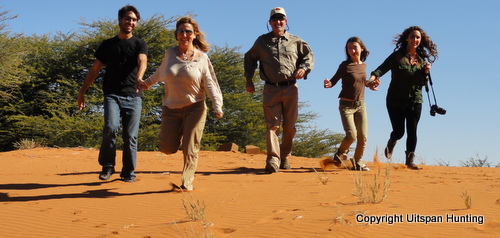
(Picture: The Rivas family from Florida, hunted with us on Uitspan Ranch.)
Speaking of "group" hunts... many years ago a booking agent gave the best advice I've ever received. He said to plan on going alone, as you will likely never find a partner or couple to go when and how you want to go.
He has had 3 or 4 couples come in to book a hunt, and leave two hours later, not speaking to each other, as no way could they find 10 days that all 8 people could be gone. Each time they think they found a solution, somebody had a conflict by a day or two. So beware that putting a group together will be a headache to say the least.
I've gone alone once, and it is not nearly as much fun as going with a partner.
Now here is the part you have been waiting for: money.
African Safari Costs
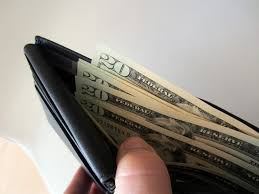
Most folks just can't "write the check" for a two week African hunt, while others think nothing of going for a month. Some folks save for years in order to have enough money to make that "once-in-a-lifetime trip".
Some drive old cars, live in old houses, and take their lunch to work each day.
They do their own lawns and change their own oil, just to save any buck they can - so they can go. Some have even been known to "give up" smoking, drinking, bowling, fishing, casinos, and trap or skeet shooting to some extent.
Maybe one needs to give up going out to eat every weekend, and/or stopping for breakfast every morning on the way to work. There are those that work an extra job, volunteer for Saturday overtime, and work nights and holidays just to get that little extra money.
There are as many ways to save money as to make it. Combine them and soon you have enough to cover African Safari costs.
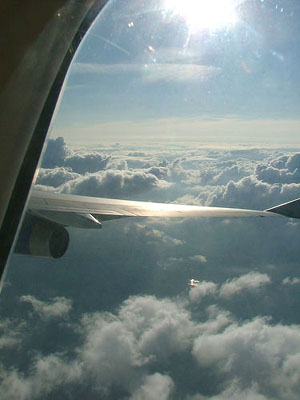
Not only will a plane ticket cost you close to $2,000, but then there is that long - looooong awful airplane ride of 17-18 hours. That alone is a detriment to some folks.
One has to factor in the cost of passport photos and the passport itself.Also don't forget the cost of paying the neighbor (or trading services) to have your yard and house looked after while gone. Remember the pets that need looking after?
It is going to "cost" you one way or the other, either in flat out cash or gifts or trading services again.
Gifts and souvenirs can be a huge expense on some trips. Remember, "You buy it, you carry it". I've seen folks get on the airplane to go home with all sorts of carvings, and large vases and bowls. Just do yourself a real favor: don't buy anything for anyone. Simple as that.
What about a good camera? Even if you have one, there is the cost of developing the pictures off the chip.
Most folks don't need special clothes or boots as they have them already, but you are going to need a very good airline idiot-proof gun case.
(Have a look at our Africa Hunting Gear-page. It gives you a good idea of necessary and unnecessary stuff for your trip.)
The cost of the hunt is what you and your outfitter decide and agree on. It can vary from a simple 7 day package hunt in Namibia or South Africa, to a full blown 21- or 30-day Big Five hunt in Tanzania. It just depends on how much time and money you have to spend.
Odds are you will not need a new rifle as most any Deer and Elk rifle we have now will do just fine for a plains game hunt.
Should you decide to have your trophies either mounted in Africa, or have the capes and horns shipped home and done here, this can be a major expense.
Several thousand dollars are involved getting the capes home alone, plus the taxidermy work, so be sure you know what is involved before you decide to bring them home. Some folks just take pictures and don't bring anything home. It's your choice.
The rewards are far more than just the hunt.
We have made many friends in Africa that are very dear to us.
There is far more than just the hunting, so take the time to enjoy the view and "smell the roses".
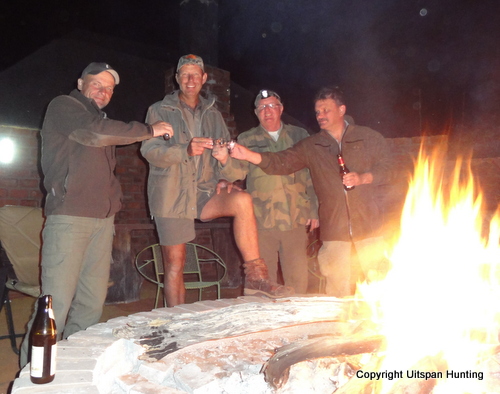
Every dawn provides a new experience.
In closing... each person must do their own thing.Each must decide if it is important enough to them to give up what needs giving up in order to go.
Sometimes I ask myself if the "price" is worth it, but when I put my feet up and look at the Southern Cross, listen to the sounds of the night, and not see another light or hear a car or sound, it is worth it. I will always remember what my dad told me:
"Son, when I had the time, I had no money.
When I had the money, I had no time.
But when I had the time and the money,
I did not feel good."
My dad never got to go, but told me to go while the going was good.
I was reminded of that recently when my best hunting friend died of a heart attack at 56.
He never got to go either."
Contact us to assist you in planning your African Safari.
Meaning of "Uitspan"
'Uitspan' is an Afrikaans word that means place of rest.
When the Boer settlers moved inland in Southern Africa in the 1800's, they used ox carts. When they found a spot with game, water and green grass, they arranged their ox carts into a circular laager for protection against wild animals and stopped for a rest.
They referred to such an action of relaxation for man and beast, as Uitspan.
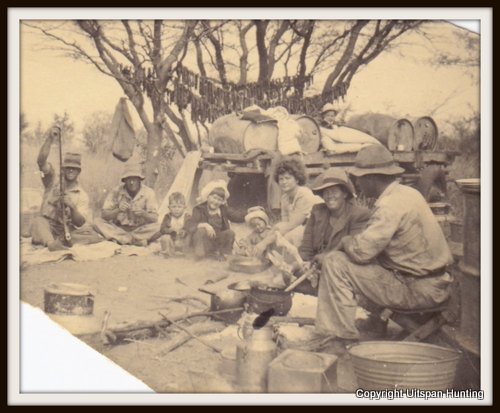
(Picture above of our ancestors.)
Did you know?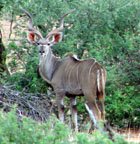 Greater Southern Kudus are famous for their ability to jump high fences. A 2 m (6.56 ft) fence is easily jumped while a 3 m (9.84 ft) high fence is jumped spontaneously. These strong jumpers are known to jump up to 3.5 m (11.48 ft) under stress. |
to read about my experience...
Did you know? Some animals have one sense more than man!The flehmen response is a particular type of curling of the upper lip in ungulates, felids and many other mammals. This action facilitates the transfer of pheromones and other scents into the vomeronasal organ, also called the Jacobson's Organ. Some animals have one sense more than man!The flehmen response is a particular type of curling of the upper lip in ungulates, felids and many other mammals. This action facilitates the transfer of pheromones and other scents into the vomeronasal organ, also called the Jacobson's Organ.This behavior allows animals to detect scents (for example from urine) of other members of their species or clues to the presence of prey. Flehming allows the animals to determine several factors, including the presence or absence of estrus, the physiological state of the animal, and how long ago the animal passed by. This particular response is recognizable in males when smelling the urine of a females in heat. |
